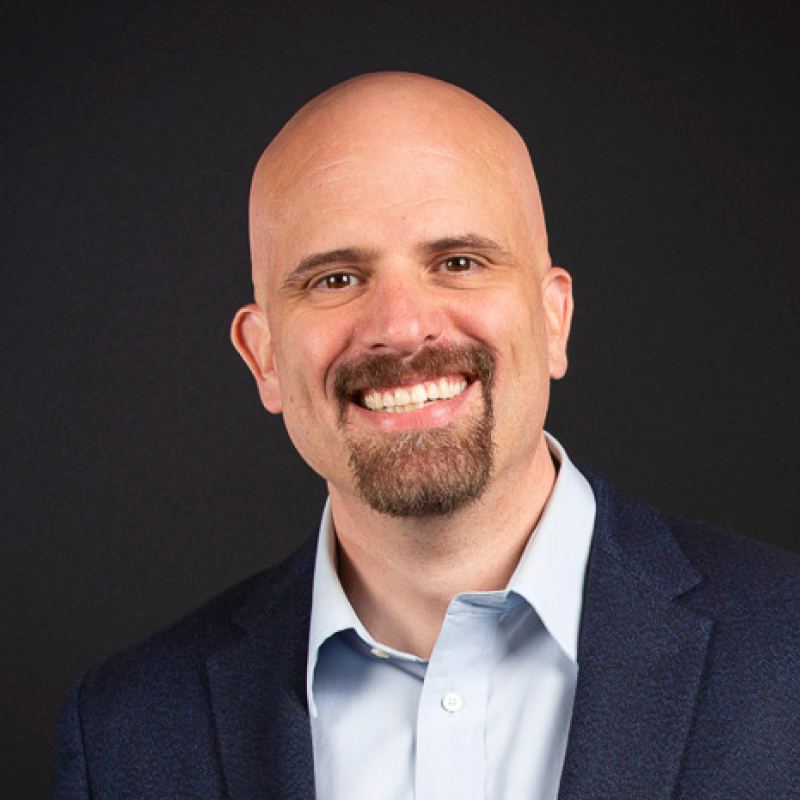ICLE’s Principles for the Future of Broadband Infrastructure
PORTLAND, Ore. (April 29, 2021) — As Congress and the Biden administration prepare to debate infrastructure proposals that include potentially more than $100 billion in spending on broadband, the International Center for Law & Economics (ICLE) today published an issue brief laying out some broad principles for the most effective ways lawmakers could address the digital divide.
Authored by ICLE President Geoffrey Manne and Director of Innovation Policy Kristian Stout, “ICLE’s Principles for the Future of Broadband Infrastructure” finds that while existing U.S. broadband infrastructure is robust, there could be benefits to targeted public investment that ensures broadband internet access is available to the small segment of consumers—particularly in rural areas—who currently lack it.
Importantly, however, policymakers should take account of the dynamic nature of broadband markets and avoid highly prescriptive mandates, such as those that would require “symmetrical” upload and download speeds of 100 Mpbs that most consumers do not need.
“Public efforts to close the digital divide require targeted spending that addresses gaps in access, while preserving the robust private investment ecosystem that has made the U.S. a broadband success story,” Manne and Stout write. “Moreover, such efforts must refrain from prescribing the use of certain technologies, which could prove more costly and distort deployment in ways that further disadvantages the unserved.”
Moreover, Manne and Stout find, infrastructure spending should be designed to encourage widespread build-out with policies that ensure competition where it is possible and, where it is not, to stimulate consumer demand in ways that attract private investment. In rare cases, municipal broadband networks may be the best way to serve consumers, but policymakers should be vigilant that they do not disrupt competition.
“Subsidies to providers run the risk of introducing price and deployment obligations that can lead both to inefficient outcomes and to insufficient deployment,” Manne and Stout write. “A consumer subsidy program modeled on existing programs like SNAP could allow private providers to overcome the initial investment hurdles presented by hard-to-reach locations.”
The issue brief also recommends policymakers remove existing regulatory barriers to entry in the broadband market, such as by eliminating Eligible Telecommunications Carrier (ETC) mandates and preempting local pole-attachment requirements.
Media interested in interviewing or booking Geoffrey Manne to discuss broadband infrastructure may reach him at [email protected] or (503) 780-8515; Kristian Stout is available at [email protected] or (732) 690-0375.






